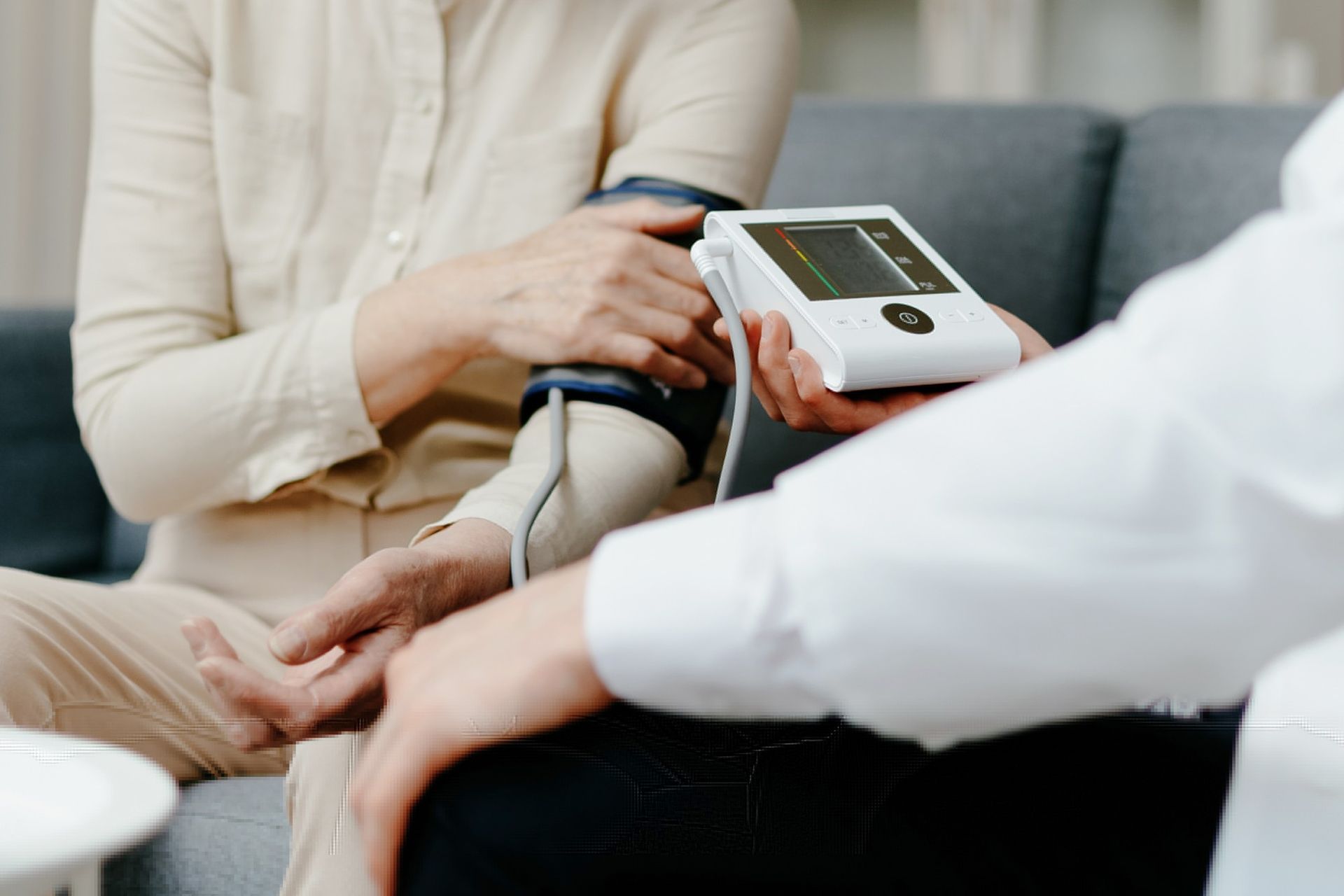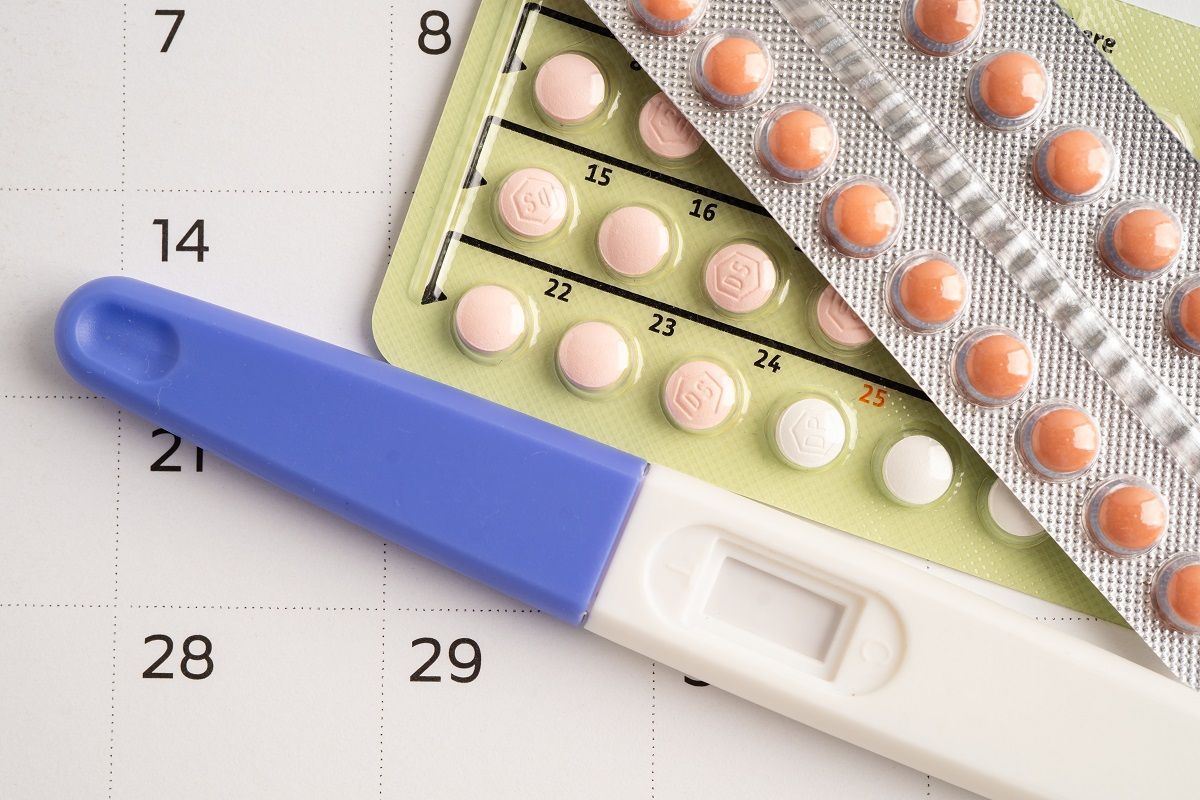Urinary Tract Infections (UTIs): Prompt Care and Prevention

According to a National Library of Medicine report, urinary tract infections (UTIs) are the second most common infections worldwide, with approximately 8.3 million hospital visits yearly, particularly among females. Furthermore, there are also 250 million UTI diagnoses a year. While the figures look scary, know that you can save yourself from being a part of these numbers.
Taking a few simple steps can make you more protected from contracting an illness in your urinary tract. In this article, we will provide valuable insights on preventing UTIs and effectively managing this condition, empowering you to take control of your urinary health.
What is UTI?
Urinary tract infection or UTI is an infection that could occur in any part of the urinary system. It affects the following:
- Bladders
- Kidneys
- Ureters (tubes that attach the kidneys to the bladder)
- Urethra (the tube that lets you expel urine from the body)
Bacteria often get into the bladder through the urethra and cause UTIs, leading to inflammation and infection. UTIs can cause more severe complications like sepsis and organ failure if left untreated.
What Causes UTI?
Understanding the UTI causes is vital in dealing with this uncomfortable condition. Here are key factors to consider:
A. Bacterial Invasion
UTIs are primarily caused by bacteria infiltrating the urinary tract through the urethra, often Escherichia coli (E. coli). This leads to infection within the urinary system.
B. Poor Hygiene Practices
UTIs can result from inadequate hygiene practices. Insufficient wiping after toilet use or incomplete washing of the genital area allows bacteria to spread, increasing the risk of UTIs.
C. Sexual Activity
Women are more likely to get bacteria in the urinary tract from sexual contact. It is advisable to urinate before and after sexual activity to flush out bacteria.
D. Urine Flow Obstruction
Obstructions such as kidney stones or enlarged prostate glands can disrupt normal urine flow, creating stagnant urine that becomes a breeding ground for bacteria. This raises the likelihood of developing a UTI.
E. Weakened Immune System
Certain medical conditions or medications that compromise the immune system make individuals more susceptible to infections and UTIs.
F. Catheter Use
Urinary catheters increase the risk of UTIs since the insertion and presence of the catheter can introduce bacteria.
If you suspect you have contracted a UTI from any of these causes. In that case, you must contact your doctor for proper evaluation and treatment.
UTI Symptoms
When experiencing a urinary tract infection (UTI), you will likely encounter the following indicators:
- Consistent and strong urge to urinate: Inflammation of the bladder and urethra disrupts the signals for urination, resulting in an increased desire to pee.
- Cloudy urine: One of the bladder infection symptoms is cloudy urine, resulting from the buildup of white blood cells in your body as it attempts to eliminate the bacteria responsible for the infection.
- Strong-smelling urine: Bacterial presence can result in a fishy odor.
- Red, pink, or cola-colored urine: These colors indicate the presence of blood in your urine, which is a sign of a UTI.
- Pain or burning sensation while urinating: Inflammation from the UTI can cause discomfort during urination.
- Passing only small amounts of urine at a time: Swelling in the urethra due to a UTI can restrict urine flow, leading to passing small quantities.
- Pelvic pain or pressure: Discomfort in the center of the pelvis can occur, resembling a bloating sensation.
- Passing gas in your urine: This rare occurrence, known as pneumaturia, can happen when a UTI causes the release of air along with urine.
Moreover, if you're wondering, 'Does UTI cause back pain?' The answer is yes, primarily when the
infection spreads to your kidneys. Promptly seeking medical attention when experiencing symptoms is crucial to address urine infection and effectively treat UTIs.
UTI Prevention Tips
Lower your chances of getting a UTI with proactive steps. Follow these recommendations:
- Urinate after sexual activity.
- Maintain personal hygiene.
- Choose clothes that fit correctly and breathable cotton underwear.
- Drink at least six to eight 8-ounce glasses of water daily.
- When you urinate, take your time and ensure your bladder is completely emptied.
Additionally, follow the advice of the Centers for Disease Control and Prevention (CDC) by opting for showers instead of baths and avoiding douching. These practices help maintain a healthy balance of bacteria and prevent UTIs.
How to Treat UTI
It is important to promptly treat your UTI to prevent the spread of bacteria to your kidneys that cause pyelonephritis.
Prompt treatment with appropriate
antibiotics can eliminate the bacteria causing the condition, reducing the risk of complications and discomfort requiring more aggressive treatment.
When taking antibiotics, remember the following:
- Do not share your medicines with others.
- Take the UTI medicine precisely as instructed by your doctor.
- Do not store unused medication for future use. Consult your doctor or nurse on safely disposing of any leftover medicine.
Drink plenty of water or other recommended fluids. Your physician can also suggest pain relievers or other medications to help alleviate your symptoms. Remember, it's always best to consult with a
healthcare professional for a proper diagnosis and timely treatment of a UTI.
Take Control of Your UTI: Visit Our Clinic for Expert Care and Relief!
UTIs can bring discomfort and pain, but the good news is that you can prevent it and get treated effectively. Seeking prompt care from a healthcare professional when experiencing symptoms is essential. Following preventive measures such as staying hydrated and practicing good hygiene can lower your risk of UTIs and maintain a healthy urinary system.
If you’re searching "healthcare clinics near me" or "healthcare clinics in Houston, Texas,” look no further than Houston Family Practice. Our team of experts is ready to give you a complete diagnosis, treatment, and support to help you get better quickly and easily.
Contact us at 713-520-6016 or click the
link to schedule an appointment today.











